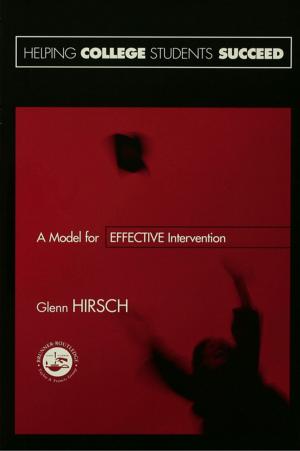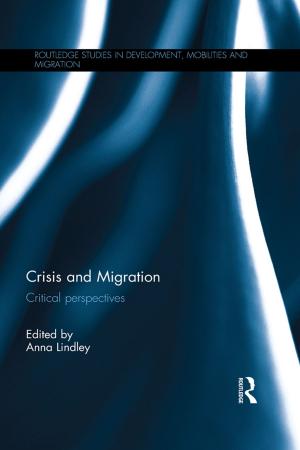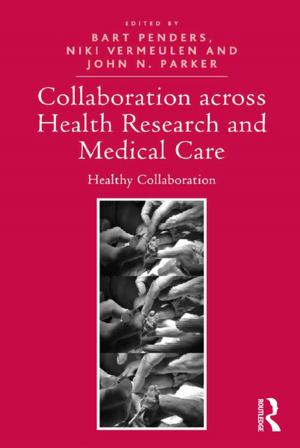Improving Urban Access
New Approaches to Funding Transport Investment
Business & Finance, Economics, Sustainable Development| Author: | ISBN: | 9781317404354 | |
| Publisher: | Taylor and Francis | Publication: | March 31, 2016 |
| Imprint: | Routledge | Language: | English |
| Author: | |
| ISBN: | 9781317404354 |
| Publisher: | Taylor and Francis |
| Publication: | March 31, 2016 |
| Imprint: | Routledge |
| Language: | English |
By 2050, two-thirds of the world’s population will live in cities. To thrive, they will need efficient and sustainable forms of transport, but to achieve this, the financial incentives guiding urban transport operation must change – and change rapidly.
Urban transport plays a critical role in determining the social, environmental and economic shape of cities. Improving Urban Access: New Approaches to Funding Transport Investment provide innovative ideas on how we might reorganize transport finance to ensure that it is suited to serving the social, environmental and economic principles that must guide future urban living. Continuing the work begun by its predecessor, Urban Access for the 21st Century, the authors assess the complexity of implementing new finance approaches and suggest ways to make positive and radical changes. Although the range of revenue raising options remain limited to users, indirect beneficiaries, and the general public, these can be recast to transform the way transport is paid for and therefore how its services are delivered.
New finance models only succeed when they are intrinsically linked to the economic, social, cultural and political forces that create urban life. Together these volumes provide a starting point for the deeper research and policy design needed to successfully create urban transport finance systems that can address the challenges that 21st century cities present.
By 2050, two-thirds of the world’s population will live in cities. To thrive, they will need efficient and sustainable forms of transport, but to achieve this, the financial incentives guiding urban transport operation must change – and change rapidly.
Urban transport plays a critical role in determining the social, environmental and economic shape of cities. Improving Urban Access: New Approaches to Funding Transport Investment provide innovative ideas on how we might reorganize transport finance to ensure that it is suited to serving the social, environmental and economic principles that must guide future urban living. Continuing the work begun by its predecessor, Urban Access for the 21st Century, the authors assess the complexity of implementing new finance approaches and suggest ways to make positive and radical changes. Although the range of revenue raising options remain limited to users, indirect beneficiaries, and the general public, these can be recast to transform the way transport is paid for and therefore how its services are delivered.
New finance models only succeed when they are intrinsically linked to the economic, social, cultural and political forces that create urban life. Together these volumes provide a starting point for the deeper research and policy design needed to successfully create urban transport finance systems that can address the challenges that 21st century cities present.















